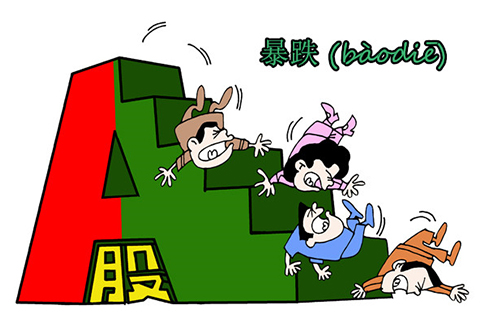
Last month, the British pound fell 6% to $1.18 against the US dollar in Asian markets. This dramatic drop of the British currency was based on fears regarding the future of trade in Britain following the June 2016 voter decision for the UK to leave the European Union (EU) . That event, called “Brexit 脱欧” was a controversial decision that may impact the economy of the UK in the future. As Europe is preparing for exit of the UK, there is an uncertainty regarding the economy that may have fueled this plummet in the British currency. Global markets have been uncertain ever since.
This “crash” of a currency is not uncommon. It’s largely the fault of doubt existing whether a country’s national bank has sufficient foreign exchange reserves to maintain the country’s exchange rate. In the late 1990s it happened in Asia, in Mexico this took place in the mid-1990s. When the financial crisis of 2008 hit, many export economies also lowered the exchange value of their currencies. In Chinese, we use “暴跌 (bàodiē)” to describe this sudden drop, which means “nose dive / plummet / drop sharply”.
Let’s break down “
”:
暴 (bào) is an adverb here, meaning to do something suddenly and fiercely
跌 (diē) is a verb, meaning to fall, tumble, or drop
暴跌 (bàodiē): nose dive; steep fall (in price); drop sharply;
Měiyuán zài wàihuì shìchǎng shàng bàodiē.
美元 在 外汇 市场 上 暴跌。
The dollar slumps on the foreign exchange market.
Fángjià bàodiē shì shénme yuányīn?
房价 暴跌 是 什么 原因?
What caused the house prices to slump?
Zuìjìn tā mǎi de gǔpiào zài bàodiē.
最近 他 买 的 股票 在 暴跌。
Recently the stocks he bought are in a slump.

1. You can use “暴跌 (bàodiē)” to describe:
A. House prices suddenly slumping
B. The UK to leave the European Union
C. A financial crisis



